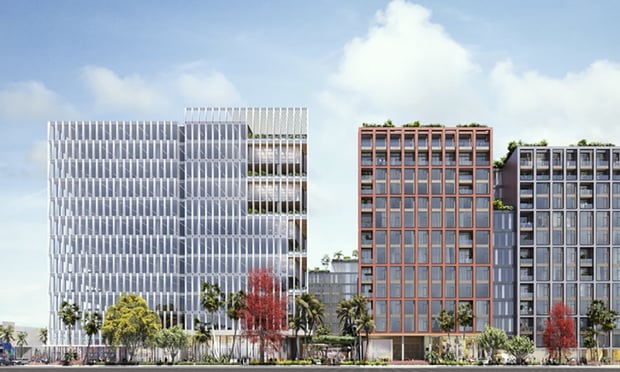MIAMI—Retail assets can retain their value despite the changing landscape of the retail industry—what some call “fall of the mall” or the “retail apocalypse. One such example is Winter Springs Town Center, a 115,767-square-foot, two-story retail plaza anchored by a highly successful Publix supermarket located at 1160 East State Route 434 in Winter Springs, FL.
Phillips Edison & Company acquired the asset. With an average household income of $106,143 within a 1 mile radius of Winter Springs Town Center, Winter Springs is a growing, affluent community straddling the strong-performing E. Seminole and Casselberry retail markets.
Particularly in Florida, Publix-anchored centers are doing well and continue to draw investor interest. However, Bell can provide further insight into other factors the retail tenant mix must include in order for plazas to maintain and grow value. The Winter Springs Town Center is a great example of what he would share.
Recommended For You
Want to continue reading?
Become a Free ALM Digital Reader.
Once you are an ALM Digital Member, you’ll receive:
- Breaking commercial real estate news and analysis, on-site and via our newsletters and custom alerts
- Educational webcasts, white papers, and ebooks from industry thought leaders
- Critical coverage of the property casualty insurance and financial advisory markets on our other ALM sites, PropertyCasualty360 and ThinkAdvisor
Already have an account? Sign In Now
*May exclude premium content© 2025 ALM Global, LLC, All Rights Reserved. Request academic re-use from www.copyright.com. All other uses, submit a request to asset-and-logo-licensing@alm.com. For more information visit Asset & Logo Licensing.









